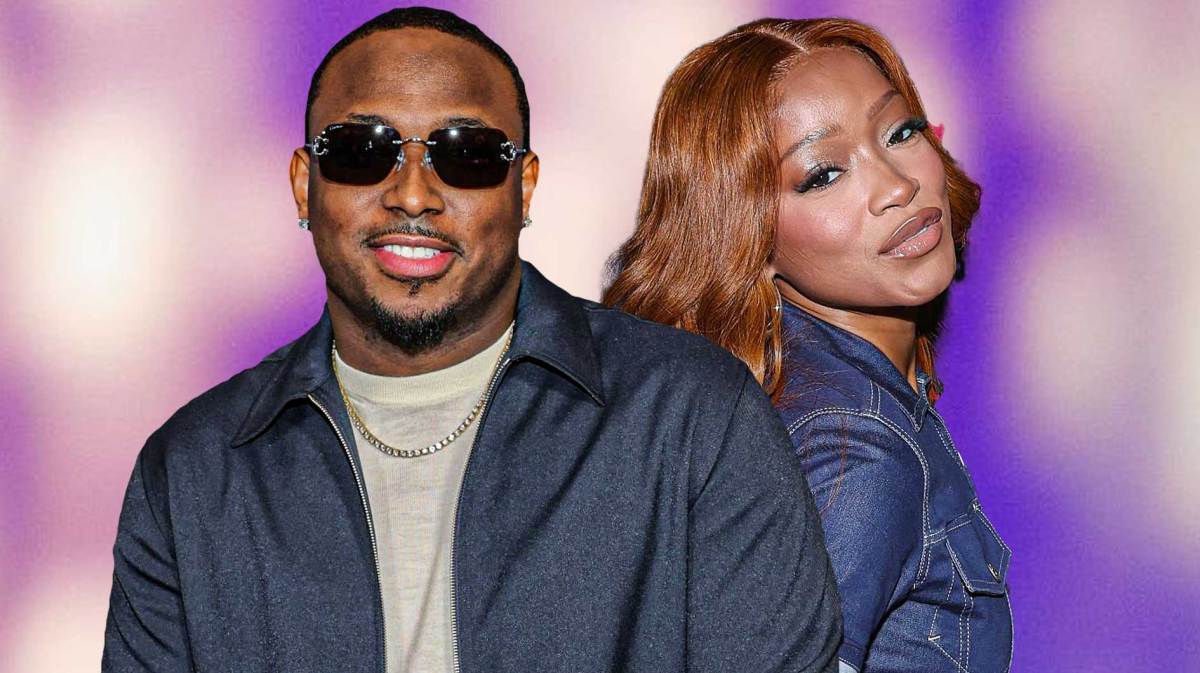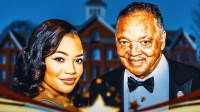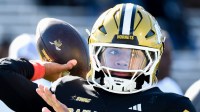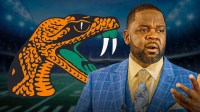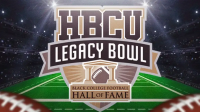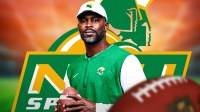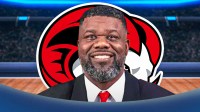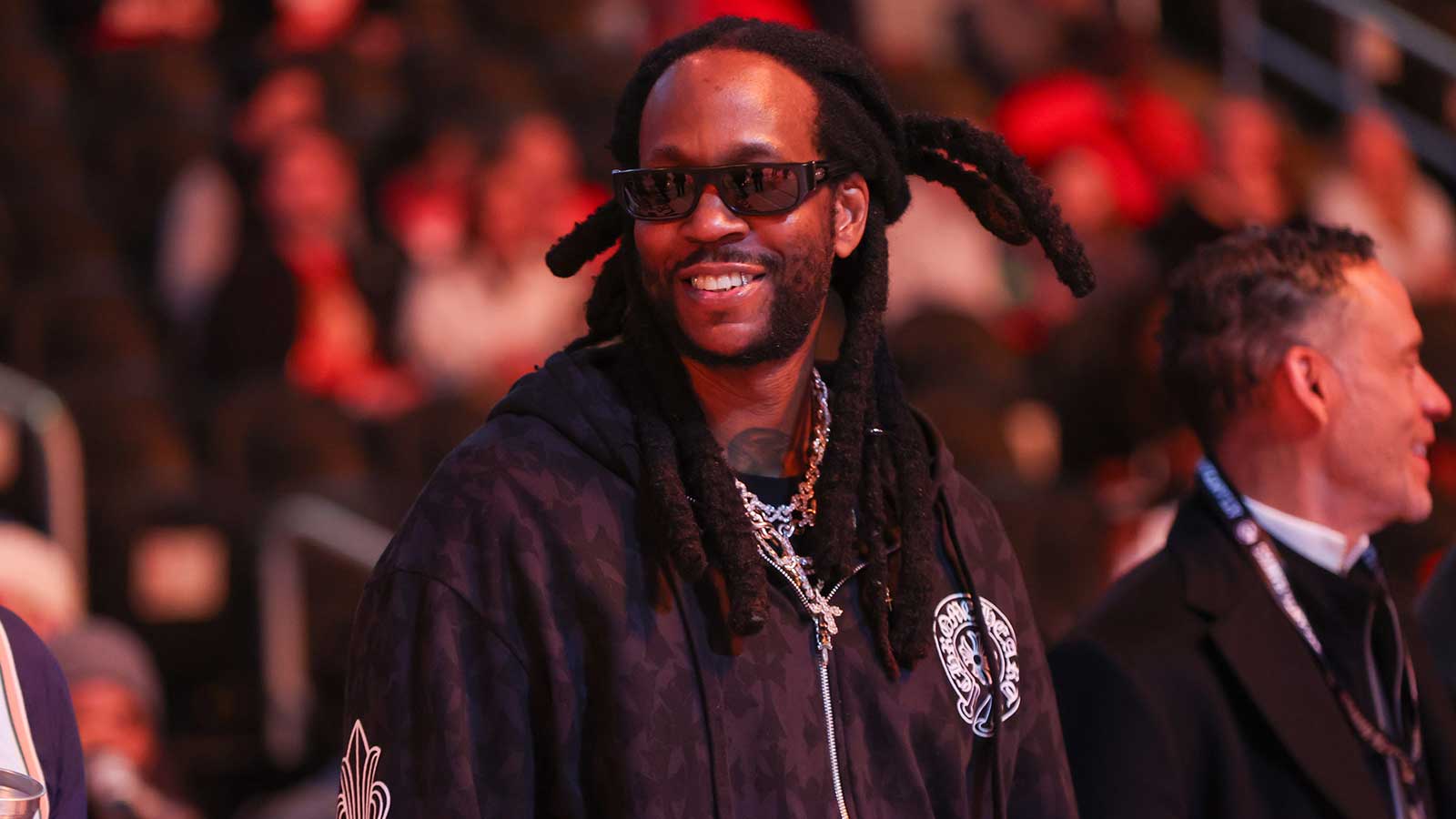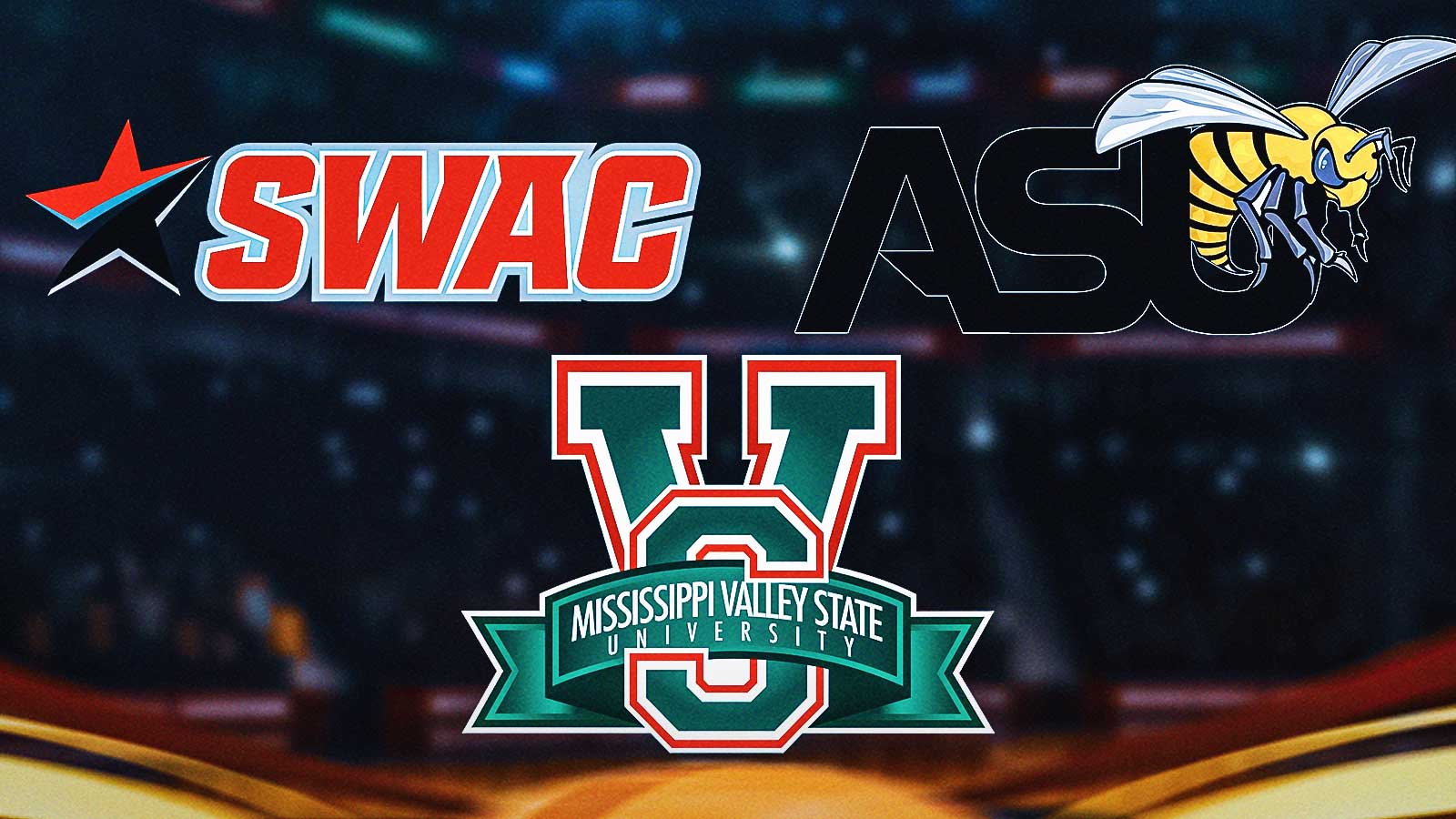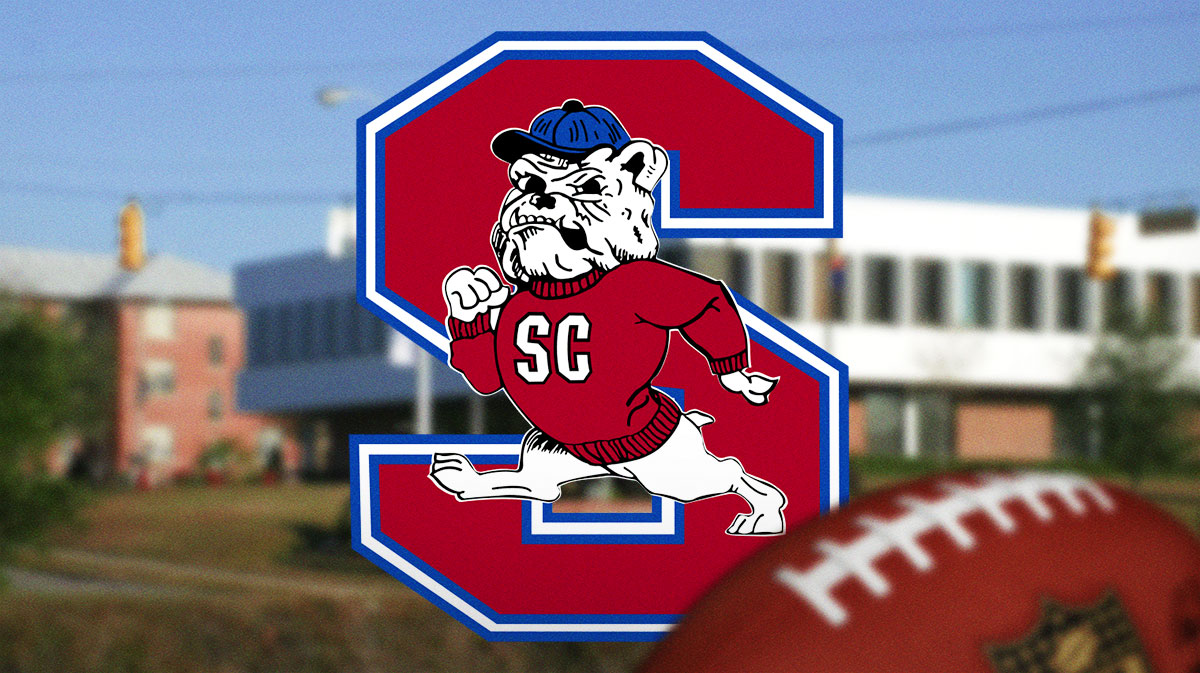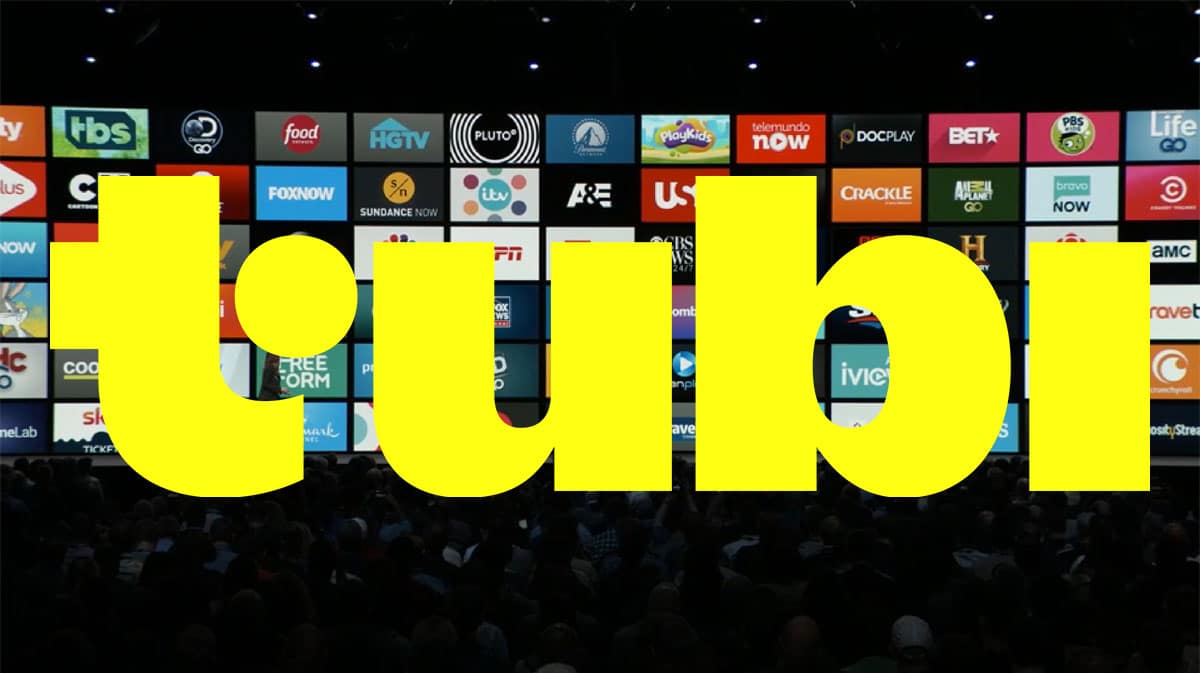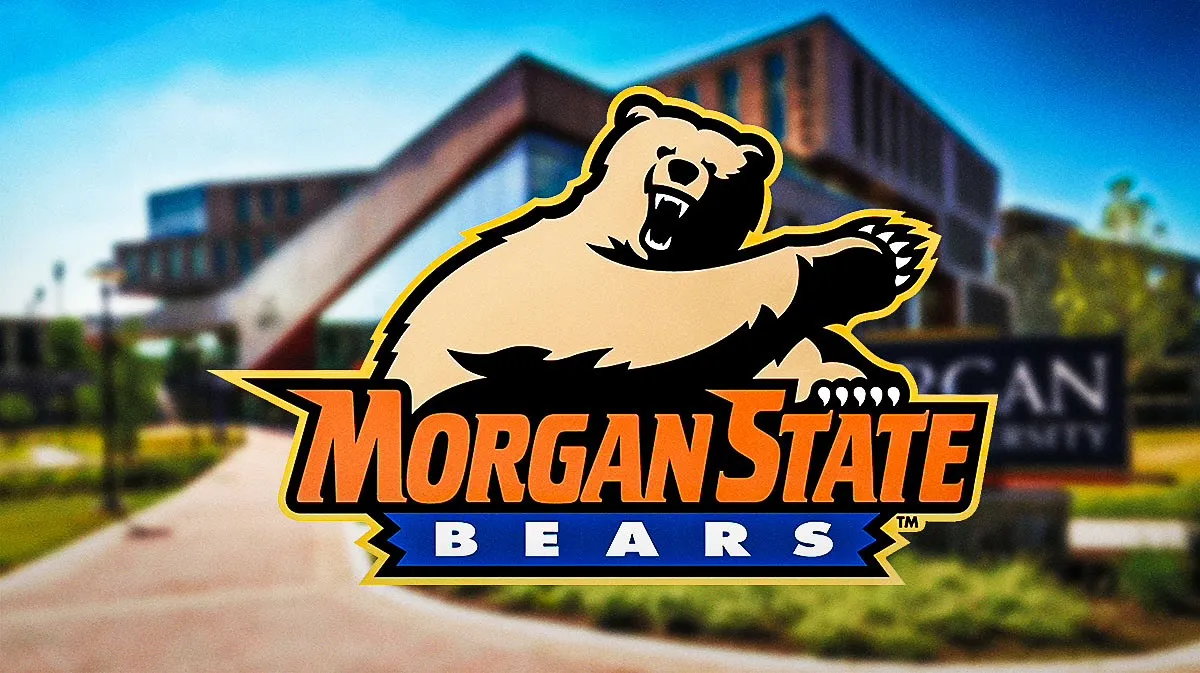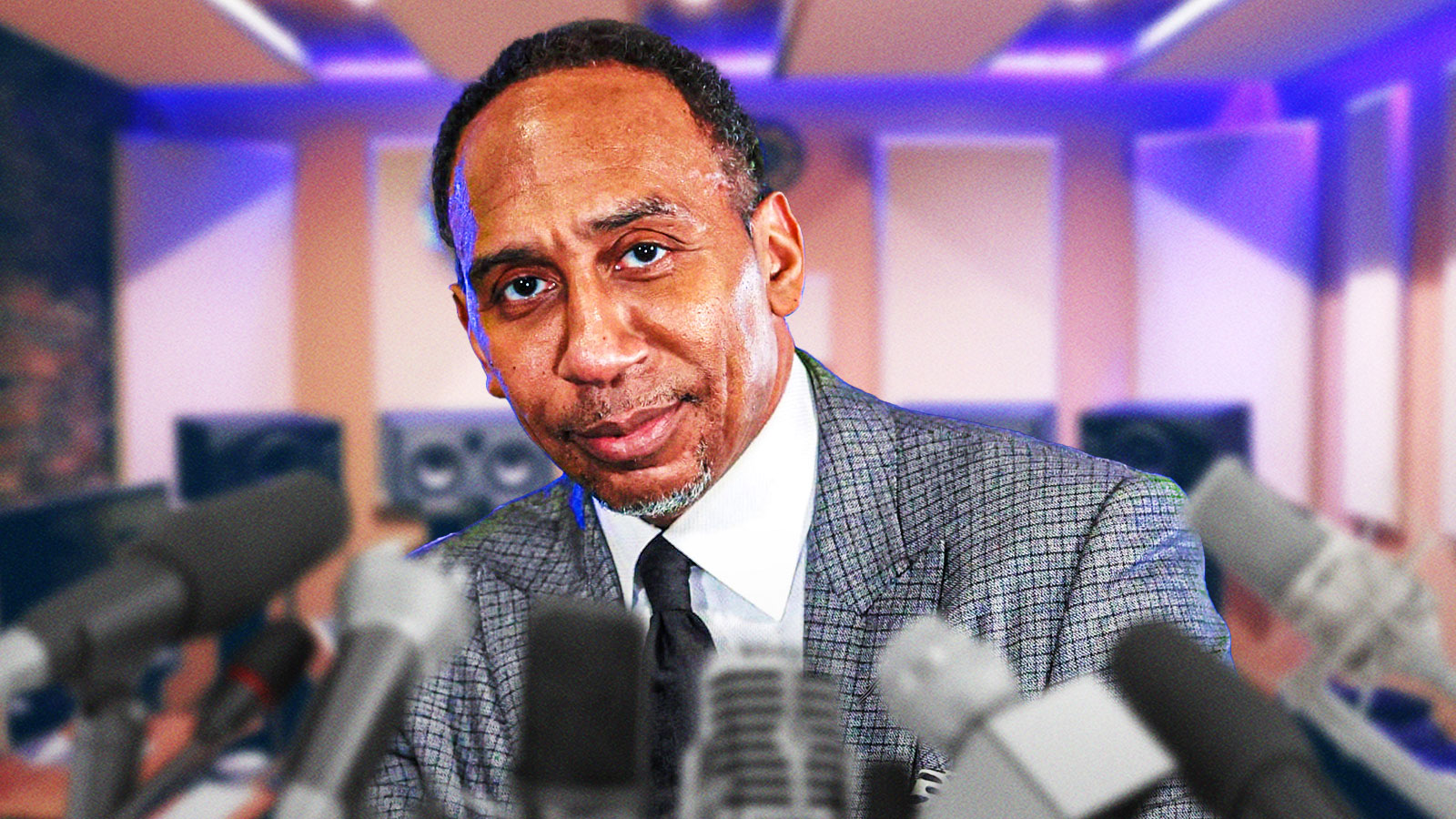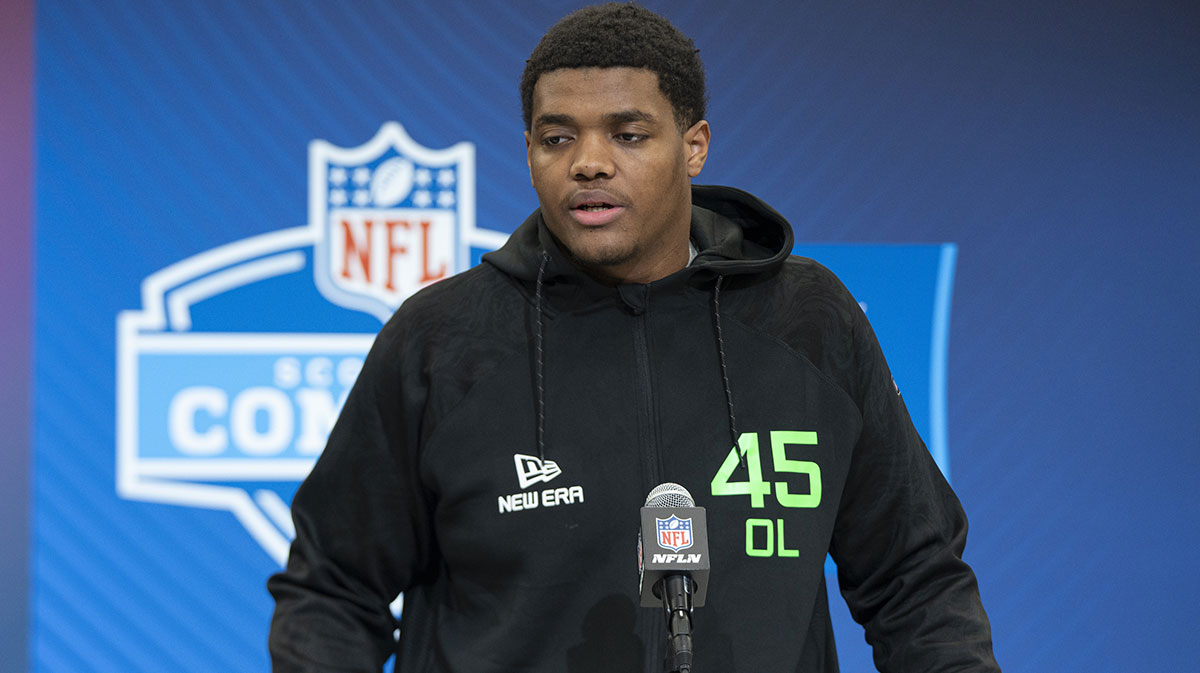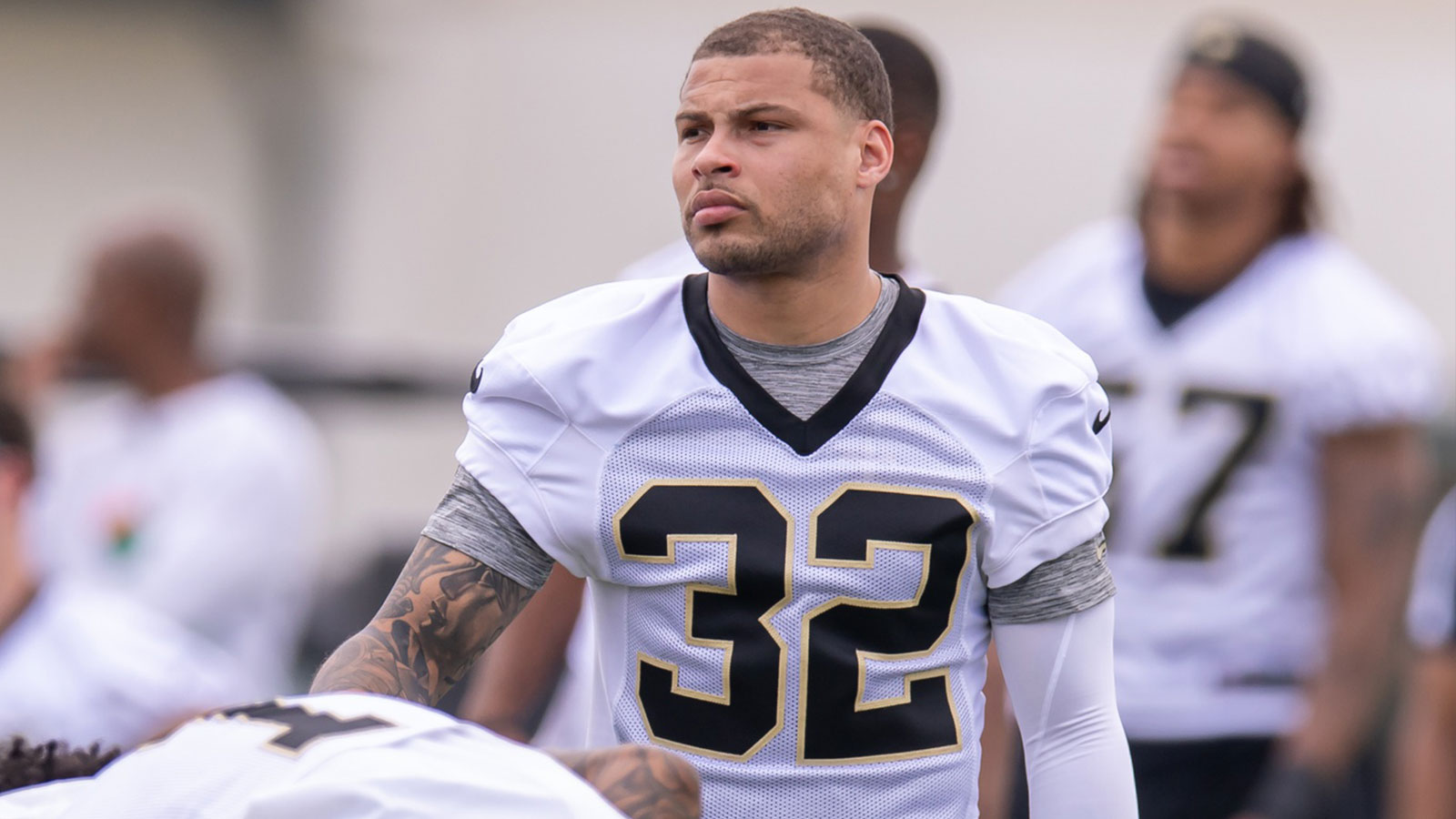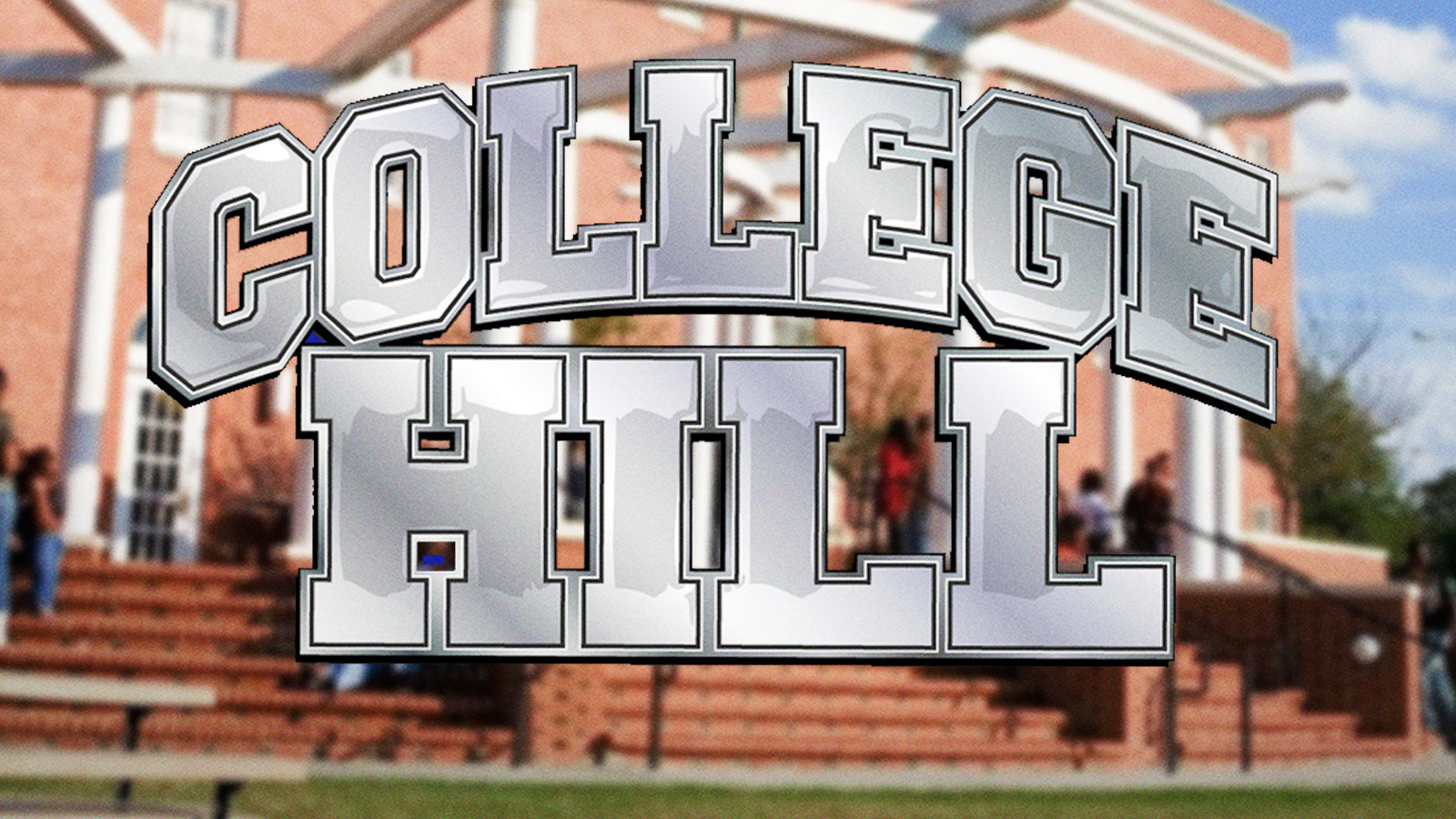Today, Keke Palmer and Shady McCoy found themselves at the center of a larger, ongoing debate about journalism. Both had recent media moments that left many viewers unsatisfied. Keke Palmer's interview with Olandria Carthen and Chelley Bissainthe about their Love Island experience, taped immediately after their time in the villa, drew criticism.
Meanwhile, Shady McCoy, fresh off the cancellation of his FS1 show The Facility, appeared as a host and interviewer for MEAC Media Day, featuring his friends and former Eagles teammates, DeSean Jackson and Michael Vick, both now HBCU coaches. For a large majority of the internet, both Palmer and McCoy faced incessant criticism for their handling of these specific media interviews.
Many Love Island fans believed Keke Palmer didn't delve deeply enough into Chelley and Olandria's time in the villa or specific happenings during the show. Simultaneously, Shady McCoy made several errors while hosting the ESPN+ broadcast of MEAC Media Day. He made a grave error in mistaking Howard University for Hampton University when speaking to Bison Head football coach Larry Scott. While it's debatable if that was a joke, many people felt his overall interview conduct wasn't up to par in general, even with some of the other coaches.
Because of these incidents, I've seen widespread discussion on social media today about the demand for “good journalism.” People are expressing a desire for individuals with strong journalistic skills to have opportunities to interview high-profile figures, celebrities, and dignitaries. There's also a noticeable appreciation for the development young journalists and media personalities receive during their college years, particularly through mass communications or media studies programs.
As a Media Studies graduate from Fort Valley State University, I appreciate people highlighting the value of a mass communications degree. It often feels like people believe there's no need to study media or communications because you can simply pick up your phone, disseminate a message widely, and it can go viral, even making money. Many assume they are already articulate enough, speak well enough, and are witty and quick on their feet enough to host, appear on TV, or run a YouTube channel or podcast. Consequently, they often devalue our major. They claim it's easy, not hard, not as tough as being a doctor or going to law school, as if these professions are directly comparable, and as if the mass communications journey isn't challenging in its own right.
And oftentimes, it does seem as if celebrities who achieve fame and success in other fields receive numerous opportunities in media spaces that clinically and classically trained journalists and media personalities no longer tend to get. But what's interesting about the public conversation regarding the state and need for journalism, especially concerning celebrity interviewers and personalities, is what people are really saying when they ask, “Where is good journalism?” or “We want good journalism.”
What they're often articulating is a desire for celebrity interviewers and personalities to be courageous in their questions, to conduct thorough research, and to genuinely prepare for interviews. That's what people mean when they say, “Where are the journalistic skills?” or “Where are the folks with journalism degrees?” or “We need actual journalists for this interview.”
People don't want surface-level questions and answers. They don't want to see someone given an opportunity who doesn't fully grasp their subject, the context, or the key players in the field they're discussing. That's what “good journalism” means to them. And while this expectation is often fair (Shady McCoy) often times it finds itself encouraging people to indulge in overcriticism of media figures (Keke Palmer).
Every Interview Doesn’t Have To Be The Same
Let's consider Keke Palmer's interview. As someone who watched every episode of Love Island this season and did several recaps specifically covering Olandria's journey, I watched the interview she did with Chelley and Olandria. I don't believe she did a bad job interviewing those two young women. I think people are not looking at it from the right perspective.
Firstly, we know this interview was pre-recorded and released today. Many of the social media developments that occurred since the remaining Islanders left the villa hadn't happened by the time Chelley and Olandria sat with Keke Palmer. A lot of people want adversarial interviews, drama, and messiness, but sometimes that's not the purpose of an interview. Often, in entertainment interviews, the host simply facilitates the conversation, and that's at the discretion of the host and their desired interview style.
I say this as somebody who's spent many moments of my eleven years in media conducting interviews. Many people who have encountered my content have told me I'm a really good interviewer. For me, what I want to do in my interviews is make the guests feel comfortable. I oftentimes don't seek out controversial or adversarial interviews because I don't believe that my specific journalistic style benefits that. If you want a hard-hitting interview where you're getting down to the facts and grilling someone like they're being prosecuted in court, you don't come to me for that.
I think people have one specific idea of how they want an interview to be: adversarial, dramatic, seeking “the tea.” But what we're taught in the media profession, and through our own independent study and enjoyment of media, is that no one interview is created equal, and every interview doesn't have to be adversarial.
This is why I believe there was nothing wrong with Palmer's interview with Chelley and Olandria. I really don't know what people were expecting when they watched the interview. If you're upset that she didn’t ask the questions you wanted or didn’t cover the topics you felt needed to be discussed, just say that—that's totally fine. And yes, Keke Palmer isn’t a trained journalist. But making her the symbol of a crusade to promote “good journalism” feels misguided.
Media Personalities Should Always Be Prepared
Regarding Shady McCoy today, I thought it was a great idea to have him be a part of MEAC Media Day. It made a lot of sense given that Michael Vick and DeSean Jackson are now HBCU coaches. This also built on what I saw from Shady McCoy when he had his conversation/interview with DeSean Jackson back in January on their co-hosted podcast, The 25/10 Show. I thought he did a good job and asked good questions back then.
I didn't expect a lot because I know Shady McCoy probably wasn't keeping up with the HBCU football scene in 2024. While he could do research, I knew he wouldn't go as in-depth in his conversations as Tiffany Green or Jay Walker, who not only cover the games and the sport but also call specific ESPN games they're assigned to. However, what I wanted from McCoy more than anything else was a little more preparedness, a little more mastery of at least the statistics.
Perhaps an opportunity before the ESPN+ broadcast started to have a conversation with a few of the coaches without the cameras, to introduce himself, learn a bit more about them, and then leverage that for the four to five-minute interview he ultimately did with the coaches during the broadcast. It didn't really seem like he made the overture to truly get prepared and do deep research about the coaches he was talking to, the teams' successes, or even other instances and things that happened during the season.
And while that is something someone who incessantly covers the sport would know, anyone can do research. Research is the crown tenet of journalism. Because through that research, you start to formulate inquisitive, informed questions. I think that's what a lot of people want in these situations. And that isn't unreasonable. Outside of his conversations with Jackson and Vick it appeared as if McCoy wasn't up to the task.
Even if McCoy's “Hampton” moment with Larry Scott was a joke and not meant to be taken seriously because he knew he was speaking with Howard's coach, it did not seem as if he was adequately prepared for that event. It's ok to say that. It's fine to at least expect him to be more informed at least to who he was speaking to. Yes, more attention on HBCU athletics is amazing and should be what we root for. But put work into learning what the sport hsa to offer.
We demand this from journalists and personalities in other sports, especially in the NBA and NFL. That isn't an irrational or unobtainable ask for events such as media day.
No, you don't have to have a Mass Communications degree but…
As someone with a mass communications degree who works full-time in digital media, I don't think you have to have a mass communications degree to get opportunities like Keke Palmer or Shady McCoy. Loren Lorosa is a perfect example of someone who, although she did go to an HBCU (Delaware State University), didn't major in mass communications and does incredibly well in her profession.
She received her media training and sharpened her mass communication skills on the job when she worked at TMZ. And there are plenty of other people who are good interviewers and good at facilitating conversations who either didn't go to college or didn't study mass communications. But ultimately, what many of these successful individuals in media who didn't major in mass communications do is rigorous interview preparation. That's what separates them when it comes to their media assignments, monologues, or segments, they do rigorous preparation for that interview. And oftentimes, that's what's missing.
So, for those who don't fully grasp what people are saying when they request someone with a media or journalism degree for interviews or media opportunities, in these specific moments and situations like those involving Shady McCoy and Keke Palmer, that's what they're truly talking about. And if people have a broader understanding of this fact, I honestly do believe that we could have more informed conversations about the state of media and where we're going.

